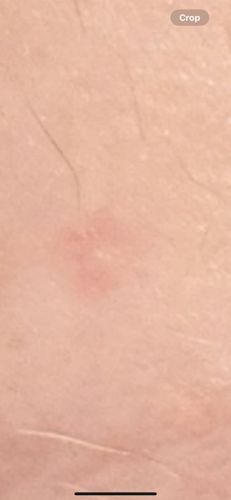Mosquito
Scientific Name: Culicidae
Order & Family: Diptera: Culicidae
Size: 3 mm - 6 mm

Natural Habitat
Near standing water (ponds, swamps, artificial containers), temperate and tropical regions worldwide
Diet & Feeding
Adult female mosquitoes feed on blood (hematophagy) of vertebrates, including humans, for egg development. Males and females also feed on nectar and plant juices.
Behavior Patterns
Mosquitoes are most active during dawn and dusk (crepuscular) or at night, depending on the species. They locate hosts using CO2, body heat, and odors. Females lay eggs directly on water or in areas that will flood.
Risks & Benefits
Mosquitoes are significant vectors of numerous diseases, including malaria, dengue fever, Zika virus, West Nile virus, and chikungunya, posing considerable public health risks. They also cause itchy bites. Ecologically, they serve as a food source for other animals (fish, birds, bats) and some species are important pollinators.
Identified on: 9/4/2025